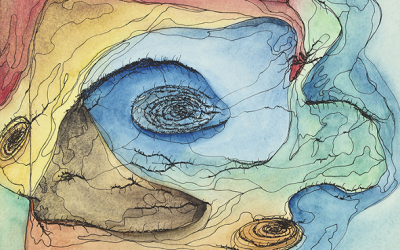We kindly invite you to a lecture "Intersectional architectures, environments, and politics of difference" by Dr. Peg Rawes (Bartlett School of Architecture UCL)
A Talk will be held on 25 April at 5 pm, at the Department of Doctoral Studies, Malūnų str. 3, Vilnius.
A Talk considers thinking for architectural and artistic practices which prioritises intersectional difference - that is, thinking which addresses structural social, environmental and economic asymmetries - in its work towards more equitable built environments.
Bio:
Dr Peg Rawes is Professor of Architecture and Philosophy, and Director of Research at the Bartlett School of Architecture UCL. Her research and teaching focus on ecological, material, political and technological relations in architecture. She is the author of Space Geometry and Aesthetics: Through Kant and Towards Deleuze (2008) and Irigaray for Architects (2007), and the anthologies, Relational Architectural Ecologies: Architecture, Nature and Subjectivity (ed., 2013) and Poetic Biopolitics: Practices of Relation in Architecture and the Arts (lead-ed., 2016), which publish architectural, artistic, humanities, social-science and medical research on social and environmental justice for disadvantaged groups. Her forthcoming monograph Planetary Relations addresses these concerns through an interdisciplinary decolonial, climate-change and health analysis. She was UCL PI for TACK Communities of Tacit Knowledge in Architecture, Horizon-2020 Doctoral Training Grant (2019-23). Recent chapters and articles include: ‘Kind Matters’ (Bioprotopia 2023), ‘Dex Stories: Living-with, working-with vulnerability’ (Care: Gta Papers, 2022), ‘Conversation with Design Earth’ (2021); ‘Visualising uncertainty and vulnerability’ (Materia Arquitectura 2020), ‘Aesthetic geometries of life’ (Textual Practices 2019), ‘Insecure predictions’ (e-Flux 2018), 'Housing biopolitics and care' (2017), 'Planetary Aesthetics' (2017), and the AHRC-funded film, Equal By Design (2016).






